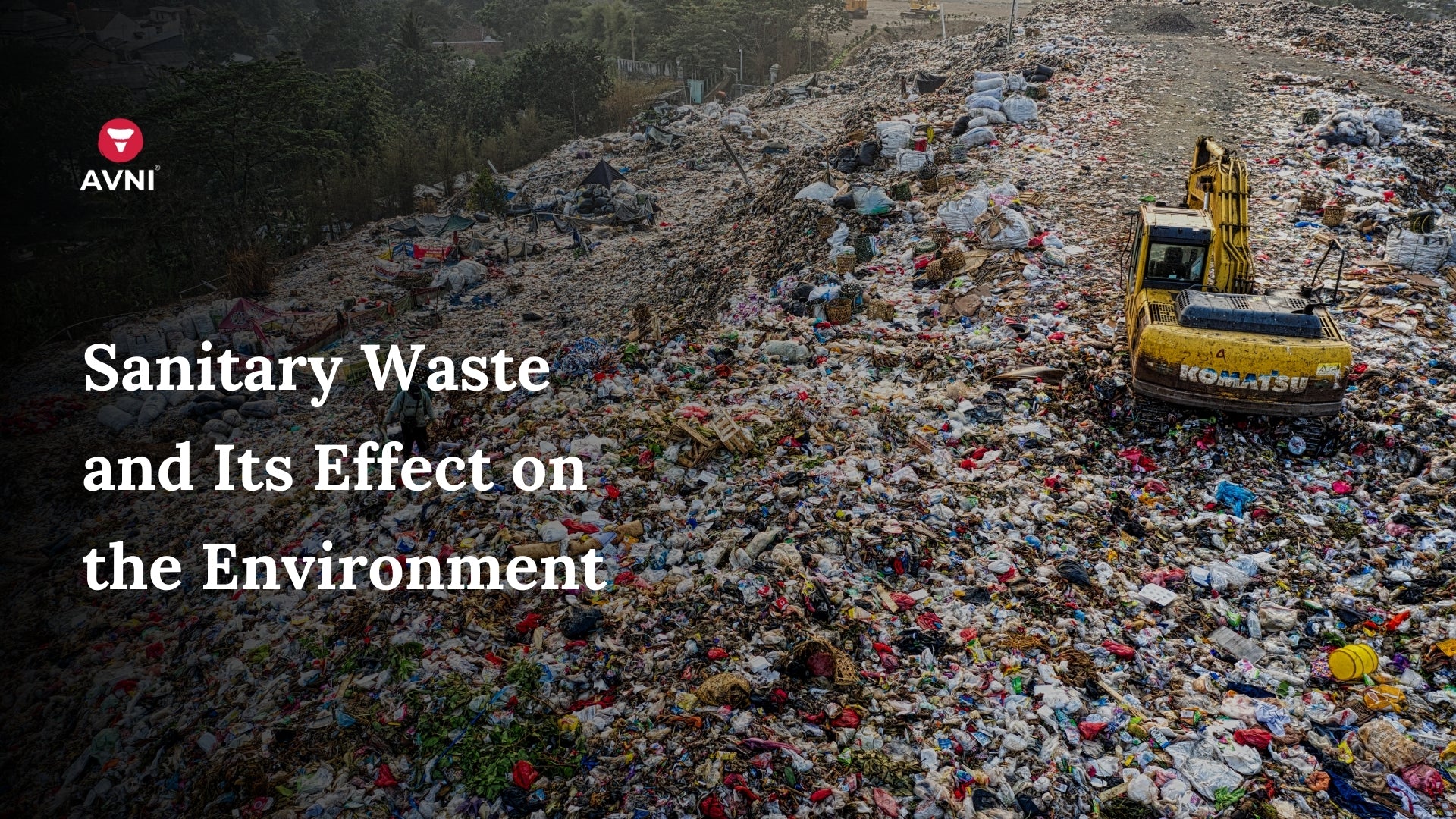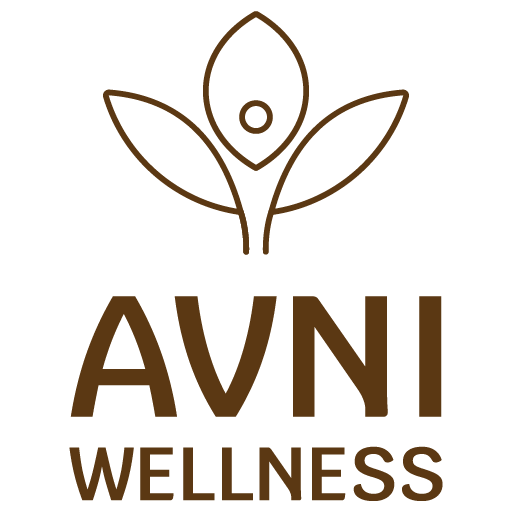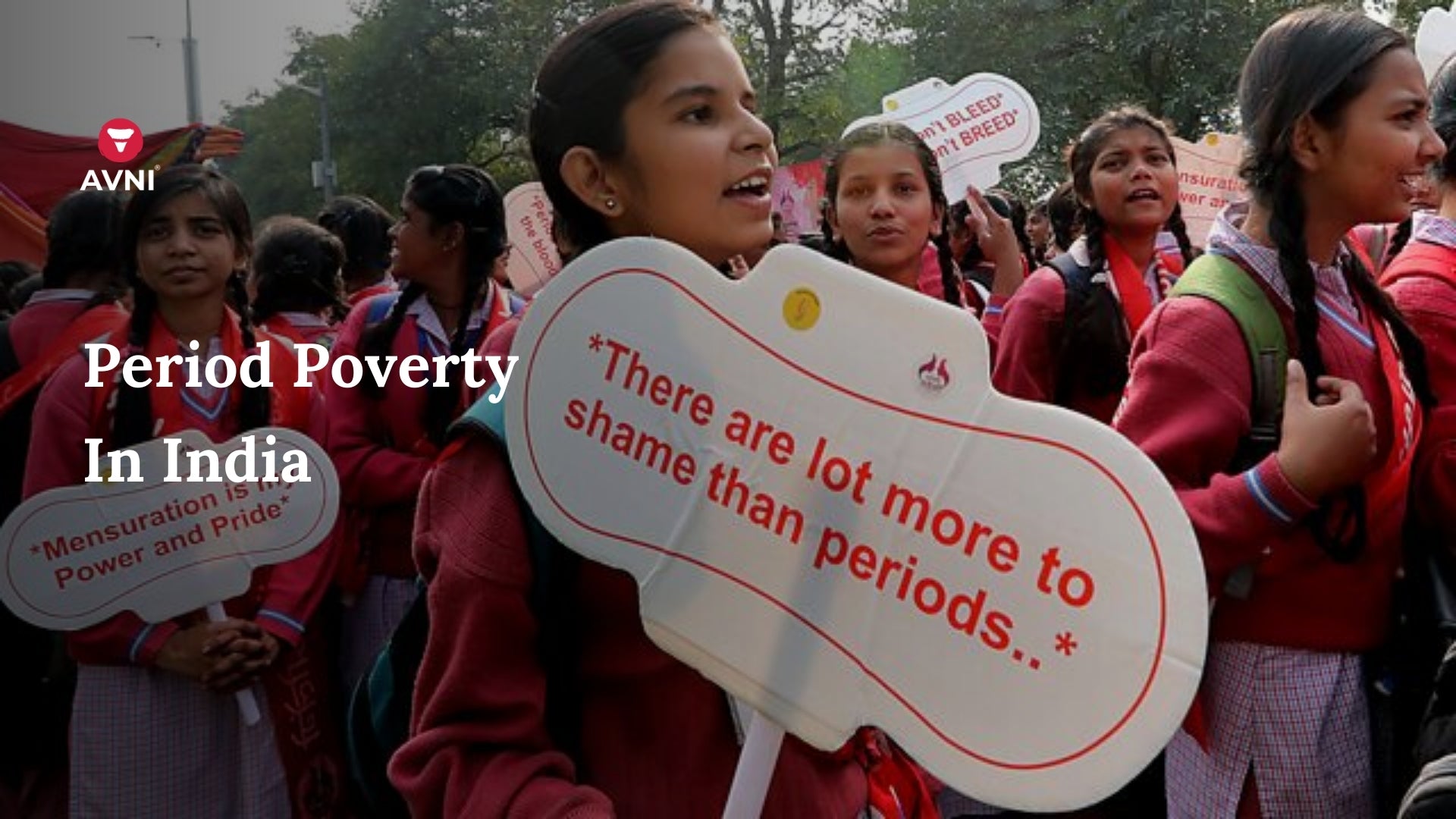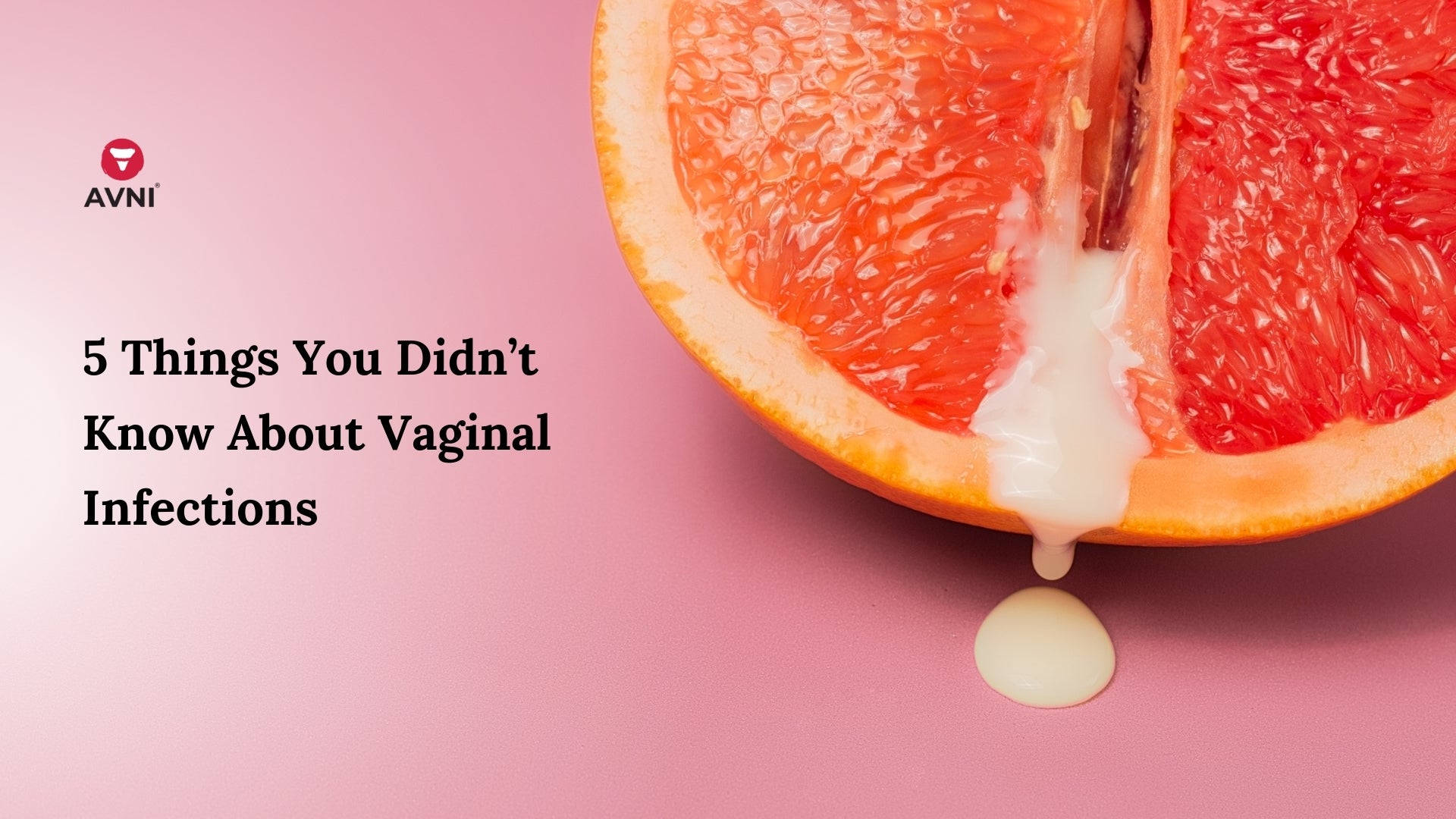
Sanitary Waste and Its Effect on the Environment
Disposable sanitary pads are widely used by most women, if not all, as they come in varied shapes, sizes and absorbency levels and are easily available in stores. From being expensive and also proving to be uncomfortable at times, women are compelled to buy packets of sanitary pads as menstrual cycle waits for no woman.
Some Alarming Facts:
Plastic-based menstrual products create a lot of waste and over the years it has become a nuisance. When menstrual waste, especially pads are not disposed off properly, it ends up being found in open spaces, water bodies or even flushed down toilets, only to end up clogging drains. Some people burn these sanitary napkins not being aware about the carcinogenic fumes in the form of dioxins and furans that are released into the air; thereby contributing to air pollution. Plastic-based sanitary pads and napkins due to their synthetic nature do not degrade easily; hence when disposed into garbage bins, they get accumulated in landfills and remain there for thousands of years causing implications to the environment.
Here are some alarming facts about sanitary waste. According to the statistics provided by the Menstrual Hygiene Alliance of India (MHAI), there are 336 million menstruating women in India, out of which 36 per cent of these women use disposable sanitary napkins, this estimates to 121 million women. If a woman uses a minimum of eight sanitary napkins per menstrual cycle, then per year India accumulates around 12.3 billion disposable napkins at landfills. Sanitary pads comprise of up to 90 percent plastic, each pad is equivalent to four plastic bags. Added to this it has been found that sanitary napkins contribute to 45 percent of the total menstrual waste produced each year.
Although the rule states that sanitary waste should be kept in dry waste bins and be handed over separately, nothing of this happens, as there is no uniform way to dispose such pads. In most cases pads are disposed off without wrapping thereby making sanitation workers and other people susceptible to infections and diseases like HIV and Hepatitis. Majority of these sanitary pads aren’t biodegradable hence when it disintegrates, it spreads bacteria, thereby causing rise in diseases. Many times animals unknowingly stumble upon this waste and end up falling sick. Therefore sustainable alternatives are the need of the hour.
What Can You Do to Save the Environment?
Imagine how much money one can save, while also contributing in preserving the environment, by switching to Green Menstruation. Why spend so much money to buy sanitary products every year, when you can invest in cost efficient menstrual products like Avni Sanitary Pads, Lush Pads, Fluff Pads and Menstrual cups. Avni Lush Pads, can be washed and reused up to 2- 3 years. With changing lifestyles, people are becoming aware about the health implications of using synthetic sanitary pads for long periods of time; therefore there has been a shift towards eco-friendly and healthy products.
Avni Sanitary Pads not only promotes eco-consciousness, but is also chemical free. These disposable cotton pads will provide you with the much required comfort during your menses, while at the same time it serves to protect the environment. Each pad comes in an individual envelope made of recycled paper – so you can dispose off the pad discretely. The pad and disposal bag it comes in doesn’t harm the environment. Lastly, the red dot that is printed on the envelope signals that the disposal bag contains menstrual waste. This prevents sanitation workers, who often use their hands to segregate waste, from coming into contact with the used pad and being exposed to deadly infections.
Concluding:
Your intimate care is as important as personal care; therefore switch to natural and safer products to have a comfortable experience. You can order Avni Period Products online on our website as well as on Amazon, Shycart, Qtrove and several other ecommerce stores.



Leave a comment
This site is protected by hCaptcha and the hCaptcha Privacy Policy and Terms of Service apply.